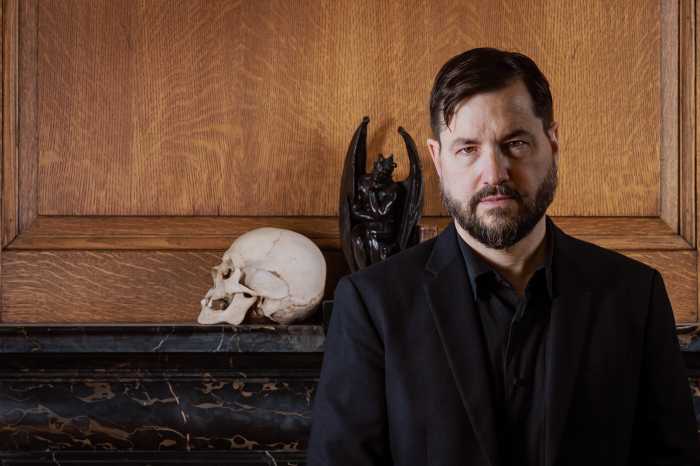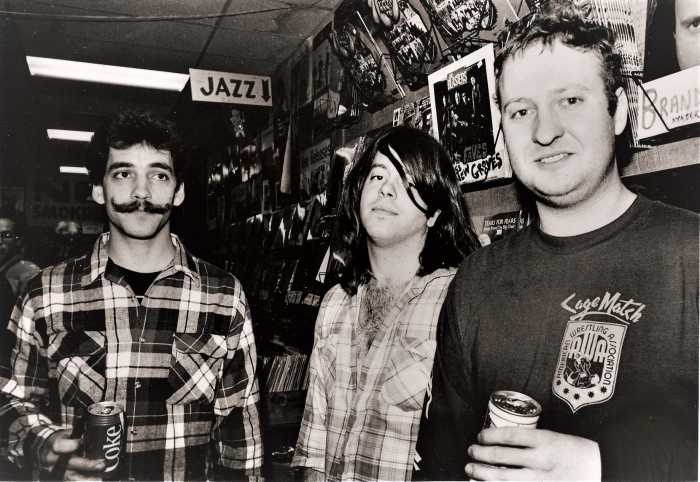BY JAMES JORDEN | Three situations that inspire terror in any opera singer — going on as an understudy, making a Metropolitan Opera debut, singing that most challenging of all tenor roles, Wagner's Tristan, for the first time. On March 14, Gary Lehman took on all these challenges in a single evening, emerging a hero.
Lehman jumped into the Met's second performance of this year's revival of “Tristan und Isolde,” after Ben Heppner got sick and John Mac Master got booed on the opening night. He's not a kid; in fact, he's been singing around the United States and Europe for the better part of two decades now, mostly as a lyric baritone. Since transitioning a couple of years to dramatic tenor, Lehman has taken on the title role in “Tannhaeuser” at Erfurt, a small German opera house and understudied Placido Domingo in “Parsifal” with Los Angeles Opera.
Gary Lehman rises to challenge of arriving at Met as Tristan
While no one would call Lehman a true Heldentenor, the voice is fairly large with a slightly metallic edge that helps cut through dense Wagnerian orchestration. Unlike many more experienced performers of this role, he sang the first two without cheating or saving himself, so much so that I began to wonder if he would run out of voice during the massive monologue that forms most of the work's third act. Happily, Lehman made it to the end of the role with only minimal signs of strain.
Understandably, in his first outing as Tristan, the tenor didn't offer much in the way of interpretation of this complex role. But, truth be told, James Levine didn't seem to have much to say about the opera either. True, in contrast to his notoriously plodding accounts of the “Ring” and “Parsifal,” the maestro kept “Tristan” moving at a lively clip, and of course the Met orchestra played with near-perfect technical polish. What was missing, though, was the febrile, tormented quality the greatest Wagner conductors can bring to this score.
It is unfair to judge the quality of Deborah Voigt's Isolde on the basis of barely half the opera; about 30 minutes into the second act she suddenly rushed offstage, clearly ill, and was replaced by Janice Baird who, like Mr. Lehman, was making a Metropolitan debut. Baird is a handsome, slim woman with a valuable gift of commanding audience interest while standing absolutely still. Her big, rough-hewn voice took a while to warm up, and even in the third act tended to go flat in the middle register. Top notes, though, blazed excitingly.
Baird and Lehman won a ten-minute ovation at the end of what turned out to be a very long evening, even by Wagnerian standard.
The most satisfying singing of the night came from veteran bass Matti Salminen, his rich dark tones amply filling out the long lines of Marke's monologue. Michelle De Young's voluminous mezzo-soprano sounded a bit overdriven in the higher reaches of Brangaene but she deserves high marks for her dramatic interaction with both her Isoldes. Eike Wilm Schulte flaunted a robust baritone as Kurwenal, though his dramatic credibility suffered as a result of his insistent eye contact with the prompter.
James Jorden is the editor of parterre.com.


































